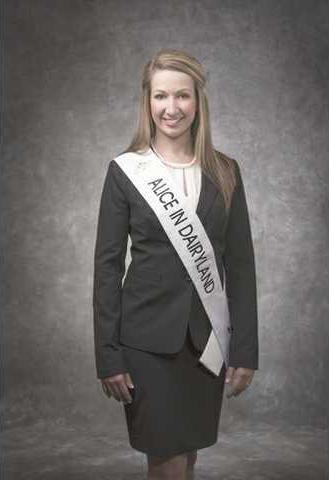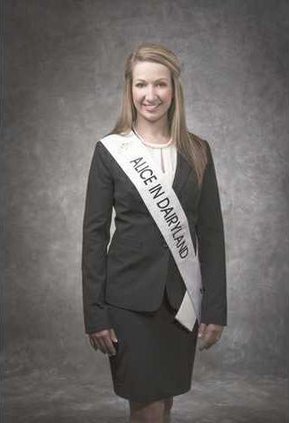From joy and excitement to doubt and uncertainty, sales tactics attempting to elicit a multitude of emotions from consumers have infiltrated our food supply chain. This might have you leaving the grocery store more confused than when you came in. To have a clear understanding of what you’re buying on a basic level, know your labels.
For example, you might see items in the aisles labeled as “natural.” The term “natural” can mean different things to different companies, and it doesn’t tell you much about how it was produced. The U.S. Food & Drug Administration does not have a formal definition for the term “natural” and it cannot serve as a regulated, descriptive claim.
In contrast, “certified organic” is very different than something like “natural.” Even from the time it is grown in the fields or raised on a farm, specific rules and regulations must be followed in order for a food item to be labeled as “certified organic” in the store.
However, with a multitude of marketing tactics surrounding food labels, it’s important to avoid judging a book by its cover. To fully understand the implications of a label, you also need to look at the unbiased science behind it.
While I was in graduate school for my Master’s degree, I was a teaching assistant for the introductory animal sciences course at UW-Madison. My students were given the task of writing a short, research-based term paper on genetically modified organisms, or GMO’s. Within this paper, they were expected to take a clear stance on the topic which was to be backed by at least five peer-reviewed, scientific research articles.
As the students formulated their stances and paper themes, I watched them embark on the journey of becoming informed consumers. In many cases, students came into the project with preconceived notions of the stance they would take in the end.
Interestingly, after pouring over the thousands of studies published on GMO’s, many students shifted their stance significantly. Through this exercise, they realized the importance of researching the facts before forming an opinion, rather than vice versa.
Labels endorsed by government agencies that oversee food safety are founded upon the very facts that my students were looking at too. Unlike sales tactics, these facts are not intended to elicit a knee-jerk reaction, but rather provide a solid foundation for food safety.
The beauty of Wisconsin agriculture is that the variety of production methods on our farms leads to many options for consumers at the store. Making the best choice for you requires homework on your part—from reputable, reliable sources that deliver facts without bias. Check the facts before you reach the check-out at the store.
For more information on food labeling and marketing claims, visit the USDA Agricultural Marketing Service at www.ams.usda.gov, or www.fda.gov.
Loether, of Sauk City, is Wisconsin’s 68th Alice in Dairyland. She graduated from the University of Wisconsin-Madison with a master’s degree in animal sciences.





